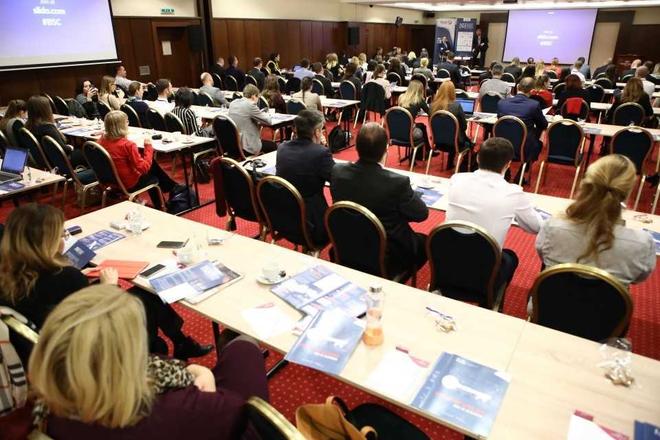During the last couple of years, a sector of the shared service centers has continuously grown to become one of the most important pillars of the Slovak economy.
It has created thousands of well-paid jobs for young Slovak and non-Slovak professionals. It has brought new management standards into this country, helped to improve the business ethics and paid its due share of taxes and social insurance contributions.
It happened, among other things, also because Slovakia heeded the advice of international organizations how to improve its business environment and in return, it got on the radar screen of headquarters of many multinationals.
In the meantime, the pace of global technological changes has accelerated, other countries also learned their lessons how to attract global investors and positive economic winds of the last years created many new opportunities for the Slovak labor force.
All these factors pose new challenges for the local sector leaders. They have to constantly fight to keep their branches globally cost competitive, always deliver service to their customers at the requested quality, embrace new technologies and remain employers of choice for skilled professionals.
Now, is there a way how to square a circle of keeping costs down, making public representatives happy by contributing more to the state coffers plus paying higher wages to the employees while preserving the jobs in the future? This is the question which is probably not unique to this sector and its answer depends on the ability of leaders to understand and adapt to current and future industry trends. Adapting does not have to mean accepting as it comes.
As the great late physicist Stephen Hawking said: “I have noticed that even people who claim everything is predetermined and that we can do nothing to change it, look before they cross the road.” It can also mean trying to shape the future to our liking and in line with our vision.
Ronald Blaško is Executive Director of AmCham Slovakia
Author: Ronald Blaško


 The Forum of Business Service Centres, running under the auspices of the American Chamber of Commerce in the Slovak Republic, held an annual conference on business service sector in early December 2018. (source: Courtesy of AmCham)
The Forum of Business Service Centres, running under the auspices of the American Chamber of Commerce in the Slovak Republic, held an annual conference on business service sector in early December 2018. (source: Courtesy of AmCham)